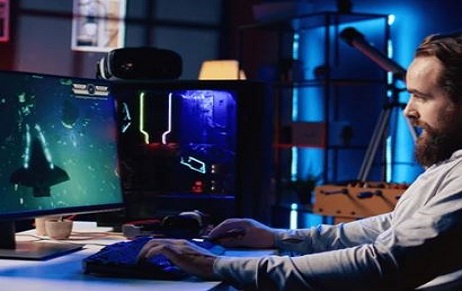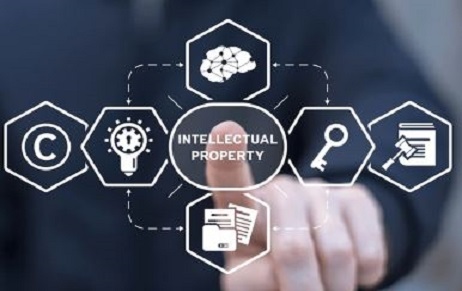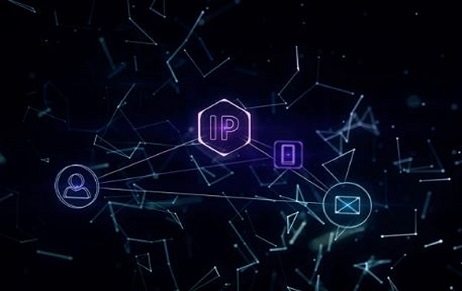Introduction The gaming industry has experienced exceptional growth in recent years, embracing as a crucial…
The IP Dilemma in Un-Authorized use of Video Games
E-sport is considered as one of the most revolutionary introduction to sports in recent history. It’s not just a different set of rules, but also an amalgamation of the elements of skill and strategy of the physical world and technology’s virtual reality. A video game essentially has a bundle of intellectual property rights and contractual rights within it. These rights are applied in various ways and cover a lot of fundamental aspect of the game starting from soundtrack, to characters to the artwork in the gaming codes and many more. The video game industry has turned into a multi-billion dollar industry which has pushed the boundaries of IP law with its rapid development over the past two decades. But with the huge influx of money, there also have been a lot of legal implications within the gaming industry. A lot of companies and private organization have identified the huge income that comes within the gaming industry and try to exploit it for commercial benefits. One such example in recent times is conducting gaming tournaments without the authorization of the game developers. There are a lot of unauthorized gaming tournaments happening throughout the globe, especially with respect to few of the most popular multi-player and battle arena games. Additionally, streaming video game on various video platforms, for paid subscribers, without the authority of such game developers has also a lot of legal complications. These areas are considered as legal grey areas in the gaming industry since there are no proper guidelines or legal support to it, apart from the obvious IP law infringement i.e. if the game developers decide to act upon it.
Although there are gaming tournaments which are legally organized by various institutions in the e-sports industry, the unauthorized tournaments have caused a spot of bother for many of the game developers. There have been a lot of Intellectual Property complications with popular YouTube streamers and tournament organizers who earn in millions for playing and streaming video games with live commentary and conducting gaming business. While there are some game developers who support such streaming and tournaments since it is a free publicity for their games and hence explicitly allow such streaming in their end-user license agreement, there are few others, especially the developers of popular games, who restrict their game from being streamed or commercially exploited without their permission. There is a need of a better clarity to be developed by such game developers as to what can be featured and streamed on different video platforms and to what extent the gaming tournaments can be conducted but it is hard to regulate it without proper available guidelines. Moreover, there has to be a sense of respect and understanding between such streamers and tournament organizers with the game developers, since these streamers and organizers earn a lot of money from the work of the game developers as well as the game developers get free publicity for their games.
The game developers create intellectual property in the form of patents, which protects scientific inventions such as the technology employed by a game and copyrights, which protect the works of the author/game developers and trademarks, which protects the marks, words, thumbnails etc. The game developers who own the various types of intellectual property have the ability to sue others that infringe on these rights. Hence, such unauthorized use of popular games by video streamers and tournament organizers who use a trademark, copyright material or a patented product without gaining permission or acquiring the license rights may be faced with legal consequences. Hence, it is necessary for such third party users to communicate with the game developers before making an unauthorized use of their games since these parties use the name, photos of the games and generate huge revenue by using such names of popular games. Some small developers might not have a problem owing to a free publicity of their games but the big developers might not want to be affiliated with such third party contests without a proper authorization and license. Apart from the IP infringement, there would also be a potential End-user license violation of such unauthorized use of the games.
The growth of the gaming industry and the popularity of video game streaming platforms and tournaments, where money can be won, have attracted novel intellectual property issues in the video game industry. The game developers, tournament organizers, and streamers should adhere to licensing agreements in order to avoid any legal dilemma. As E-Sports continues to evolve into a form of mainstream entertainment, streamers and organizers should be aware of their rights and understand the intellectual property issues that surround the games they use and the content they create.
Author: Sudhansu Sahoo , Legal Associate at Khurana & Khurana, Advocates and IP Attorneys. In case of any queries please contact/write back to us at [email protected].



